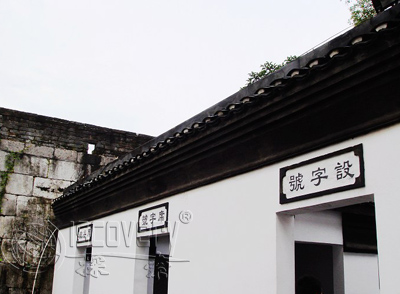The dragon's sons and grandsons are all part of a parasitic group (1)
Guilin is an ancient cultural city with a long history, and the beauty of Guilin's landscape is known all over the world, which gives Guilin tourism culture another world-renowned brand.
The first king Zhu Shouqian, originally named Wei, later changed his name to Shouqian. He was the legitimate eldest son of Zhu Wenzheng, who was the son of Zhu Xinglong, the elder brother of Zhu Yuanzhang. Since Zhu Wenzheng had already passed away, he grew up as a prince in the Nanjing Palace. At the age of eight and a half, he was enfeoffed as the King of Jingjiang. In the ninth year of Hongwu, when Zhu Shouqian was only fifteen or sixteen years old, he went to Guilin to take up his post. Not long after arriving at the palace in Guilin, however, he indulged in debauchery in the market, citing his youth and ignorance, which led to public resentment. Helpless, Zhu Yuanzhang recalled him to Fengyang hometown for education, and then exiled him to Yunnan, but he still acted tyrannically and repeatedly failed to reform. Later, he was deposed by Zhu Yuanzhang as a commoner and imprisoned in the capital until January of the 25th year of Hongwu (AD 1392) when he died and was buried in Zhongshan without a posthumous title.
Zhu Zanyi, the second generation and second King of Jingjiang, received good assistance from a Confucian teacher Xiao Yongdao, and was able to "uphold virtue and law, love people to preserve blessings". He held the throne for six years, showing respect and obedience to the law, being studious and good at writing, earning the reputation of a virtuous king. He was a contented and law-abiding feudal king, with the posthumous title of Daoxi.
